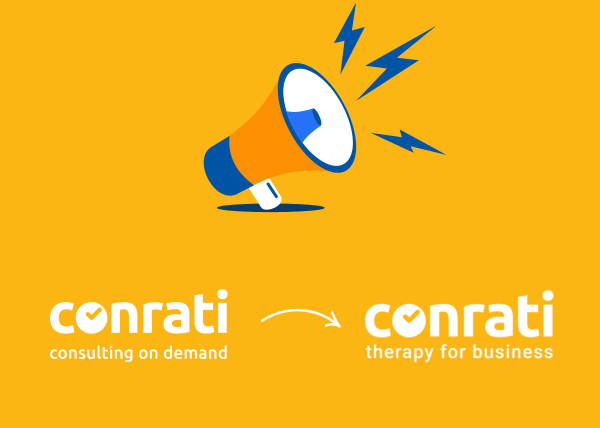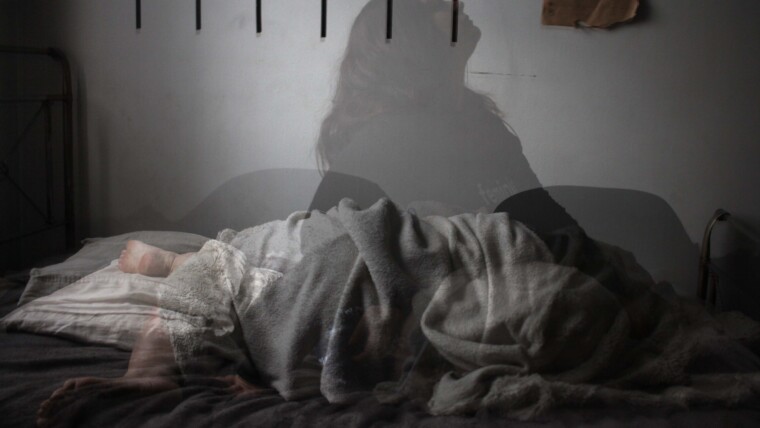A panic attack is a sudden episode of intense fear and anxiety which is accompanied by a number of physical symptoms.
It happens when there is no real danger. It can feel frightening and can commonly be mistaken for a heart attack or even a stroke. These attacks happen anytime and can last up to several minutes.

Many factors are found to contribute to panic attacks such as:
- The loss of a loved one
- A high level of stress
- Medication withdrawal
- Caffeine and smoking
- Other mental disorders such as obsessive compulsive disorder (OCD), post-traumatic stress disorder (PTSD), or social anxiety disorder.
We all are most likely to experience a panic attack at least once over the course of our lifetime, however, it’s not the same for someone who is diagnosed with panic disorder.
What a panic attack feels like
During a panic attack, a person may experience:
- Increased heart rate
- Increased breathing
- Body chills
- Weakness or dizziness
- Nausea
- Stomach pain
- Tingling or numbness in hands
- Sweating
- Lightheadedness

Fight or flight
The body’s fight-or-flight response is a psychological response to an event or situation that is perceived to be frightening or dangerous.
The perception of the threat activates the sympathetic nervous system and triggers an acute stress response, preparing the body to fight or flee. This response is actually designed to protect us from harm and keep us safe.
Search for advice providers based on availability, skills, language, certifications, and price.
How does panic attacks turn into panic disorder?
According to the DSM-5 guidelines, to be diagnosed with a panic disorder, you must have experienced unexpected panic attacks on a regular basis followed by a month of intense fear of future attacks which ultimately lead you to a change in your behaviour. This includes avoiding situations that might trigger another attack.
Through the diagnosing process, other causes for panic attacks need to be ruled out such as substance abuse or the possibility of another general medical condition. Another important aspect of diagnosis is that the attacks are not as a result of another mental disorder such as a phobia, obsessive compulsive disorder (OCD), post-traumatic stress disorder (PTSD) or general anxiety disorder.
There is good news, though. Panic disorder can be treated.
The two main treatment options for panic disorder include medication and psychotherapy such as cognitive behavioural therapy (CBT). Each individual may react differently to each treatment option as symptoms may vary from person to person.
Cognitive Behavioural Therapy (CBT) has been found to be a favourable treatment option as its relapse rate is much lower than just the use of medication. The goal of CBT is to help people learn new techniques to exert physical and mental control over the sensations and thoughts associated with a panic attack.

What to do when the panic attacks keep coming
Reach out to a professional. If you’re experiencing panic attacks more frequently, it may be time to seek professional advice. The effects of it going untreated can affect your quality of life and cause difficulties at work or at school.
Conrati provides you with access to advice providers from around the world. Making it easy to access skilled professionals. Integrated calendars are also provided to help you view real time booking availability.
Book now on www.conrati.com
Disclaimer: This article is written and published for educational purposes. It is not intended on substituting a professional diagnosis. If you suspect that you may have a panic disorder or mental health condition, we suggest you seek help from a mental health professional.









3 Replies to Developing a panic disorder as a result of frequent panic attacks
Thanks for sharing. I really appreciate it that you shared with us such informative post, great tips and very easy to understand.
Thanks for finally writing about > Developing a
panic disorder as a result of frequent panic attacks
| Conrati < Loved it!
Why your child should have a tutor
Conrati nominated as a Top Environmental Consulting Company by Futurology
How to practice mindfulness each day
What happens during each stage of grief?
How to boost 8 different forms of health
Conrati nominated as a Top Environmental Consulting Company by Futurology
How social media affects mental health
Understanding Bipolar Disorder